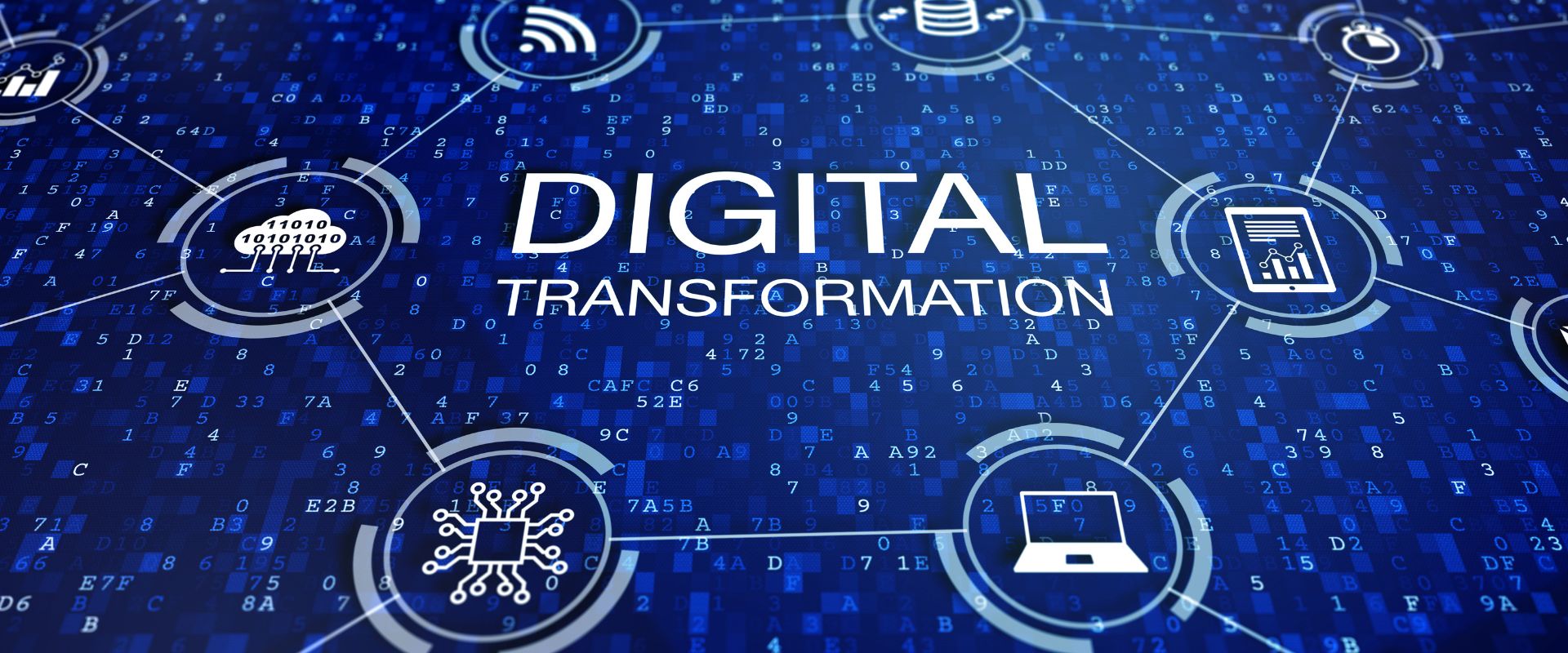
Digital transformation is the process of integrating digital technologies into all aspects of a business or organization to fundamentally change how it operates, delivers value, and interacts with customers, employees, and partners. It goes beyond just adopting new technologies and involves a comprehensive rethinking of business strategies, processes, and culture to leverage the full potential of digital advancements.
Key characteristics of digital transformation include:
Technology Adoption: Embracing a wide range of digital technologies such as cloud computing, artificial intelligence (AI), data analytics, Internet of Things (IoT), mobile applications, and automation to enhance efficiency and effectiveness.
Customer-Centricity: Placing the customer at the center of business strategies and leveraging digital tools to offer personalized and seamless customer experiences across various touchpoints.
Data-Driven Decision Making: Utilizing data and analytics to gain insights, make informed decisions, and identify new opportunities for innovation and improvement.
Agility and Flexibility: Adopting an agile approach to adapt quickly to changing market demands, customer preferences, and emerging technologies.
Process Optimization: Redesigning business processes to eliminate inefficiencies and streamline operations using digital tools.
Collaboration and Connectivity: Facilitating collaboration and communication within the organization and with external partners through digital platforms and tools.
Innovation and Disruption: Encouraging a culture of innovation to disrupt traditional business models and create new revenue streams using digital capabilities.
Workforce Upskilling: Providing training and upskilling opportunities to employees to equip them with the digital skills needed to thrive in a digital environment.
Security and Risk Management: Addressing cybersecurity and data privacy concerns to protect sensitive information and maintain trust with customers.
Continuous Improvement: Embracing a continuous improvement mindset, where digital transformation is an ongoing process to stay relevant in a fast-changing digital landscape.
Digital transformation is not just limited to businesses; it also extends to various sectors, including education, healthcare, government, and nonprofit organizations. It is driven by the need to stay competitive, meet customer expectations, and adapt to the ever-evolving digital ecosystem.
Successful digital transformation requires strong leadership, a clear vision, collaboration across departments, and a commitment to embracing innovation and change. While it can be challenging, organizations that effectively undergo digital transformation can gain a competitive edge, increase operational efficiency, and deliver better experiences to their stakeholders.



